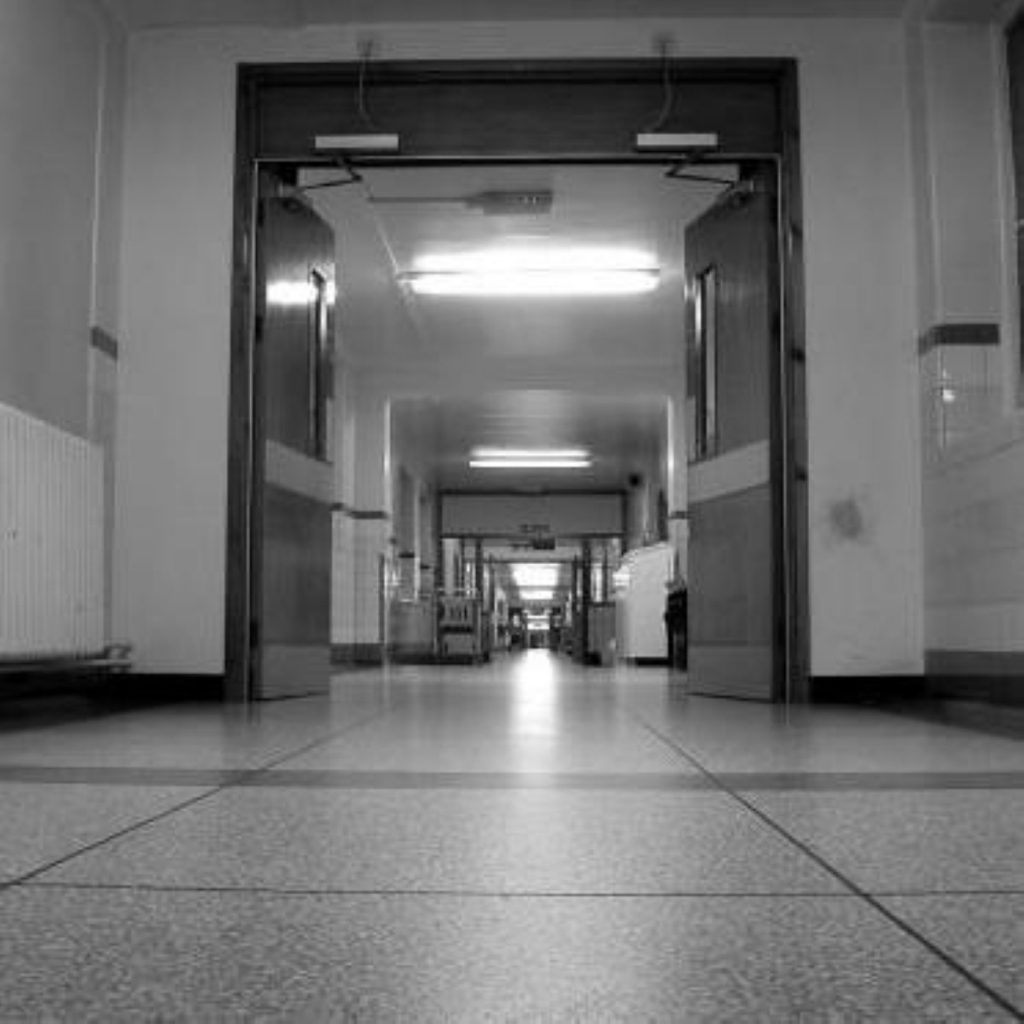NICE mulls over free fertility treatment
The Government’s medicines watchdog backs free IVF treatment on the NHS for older women struggling to conceive naturally, it was revealed yesterday by The Mail.
The National Institute of Clinical Excellence (NICE), mulling over the cost effectiveness of the generally expensive in vetro vertilisation treatment, is to propose in a clinical guideline on fertility treatment, to be published in February, that infertile women under 40 should be offered up to six cycles of IVF.
Presently, most IVF attempts are paid for by the patient. Only one in five is funded by the NHS.
It is estimated that free NHS treatment for IVF would burden the NHS budget by a further 400 million pounds.


There are 27,000 IVF attempts each year.
But Anne-Toni Rodgers, corporate affairs director at NICE, stressed the watchdog had only prepared draft proposals pertaining to the provision of IVF treatment on the NHS.
Anne-Toni Rodgers said: “The document that is referred to in the Mail is actually a very early draft that has been published back in March time this year.’
“It was an early draft which was sent to about 60 groups, including the Department of Health and the Welsh Assembly for their comments, it outlined thoughts at that time.
“People who are interested can actually have a look on our website on the 26th of August this year, where the second draft will be made available for anybody to comment upon.
“What we are doing is now looking at the evidence of clinical and cost effectiveness to decide where actually best care can be provided. The decision as to whether that care is affordable will still remain with the Department of Health and the Welsh Assembly who are consultees.
“We have been asked to look again the economic model and extend that economic model so I can’t possibly comment about what is going to be in the second draft because I haven’t seen it. From previous experience, there are often significant differences between first and second drafts.”
Enthusiasts of the proposal claim national standards for IVF treatment would end the so-called “postcode lottery” for women.












